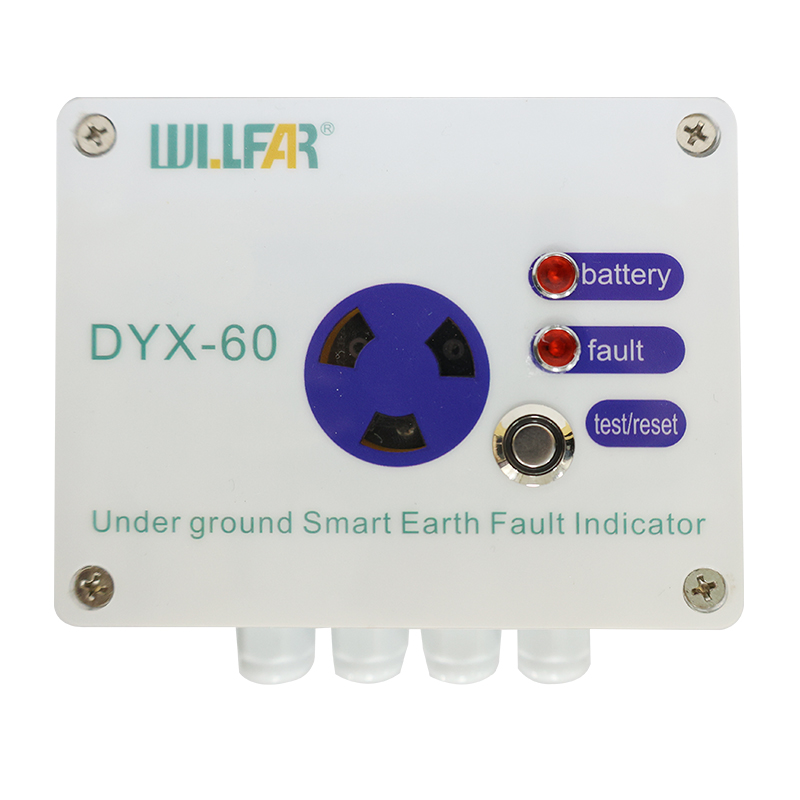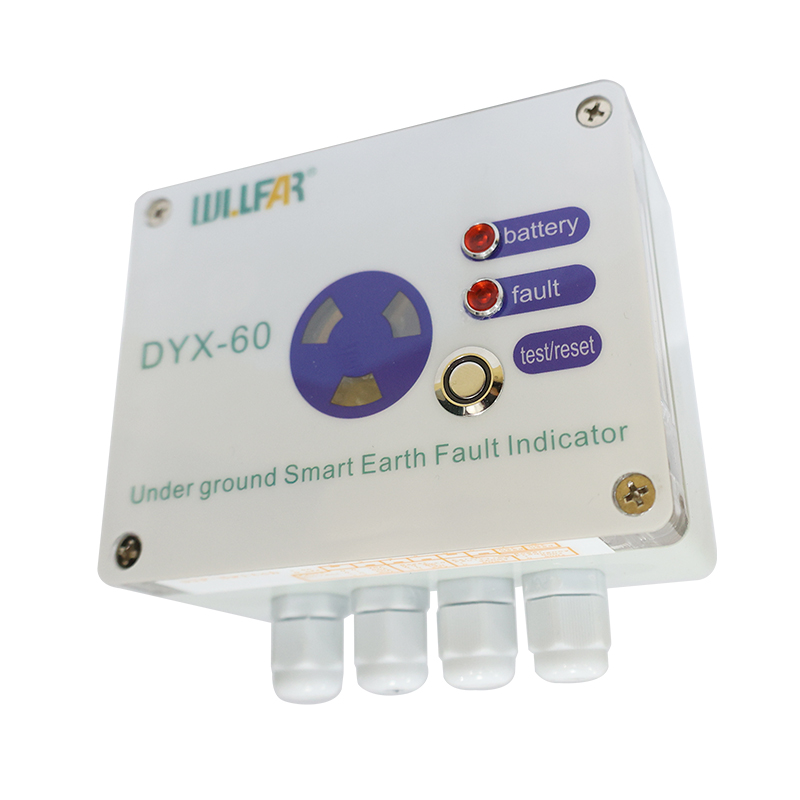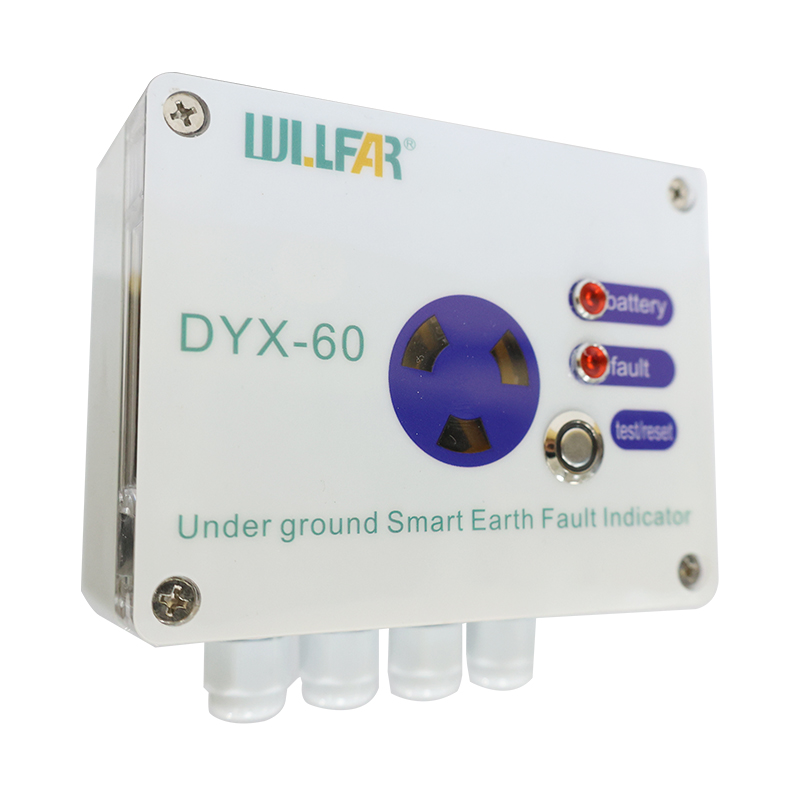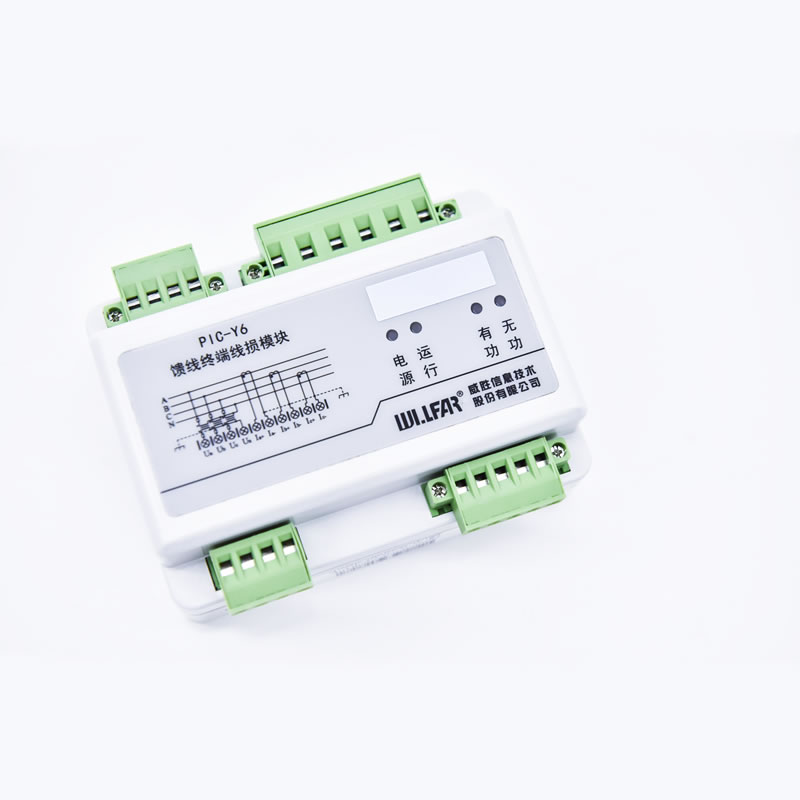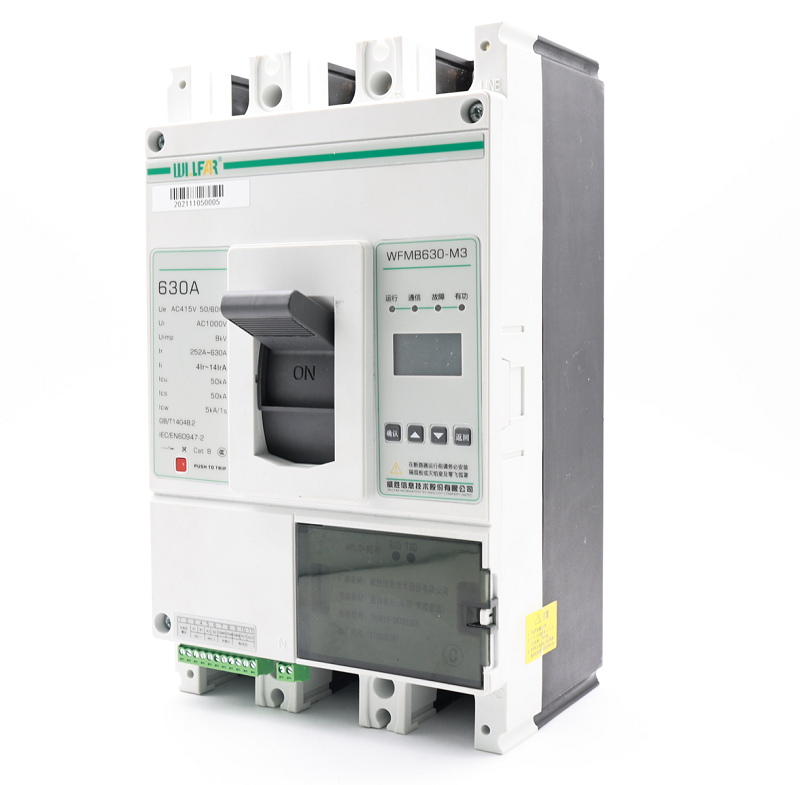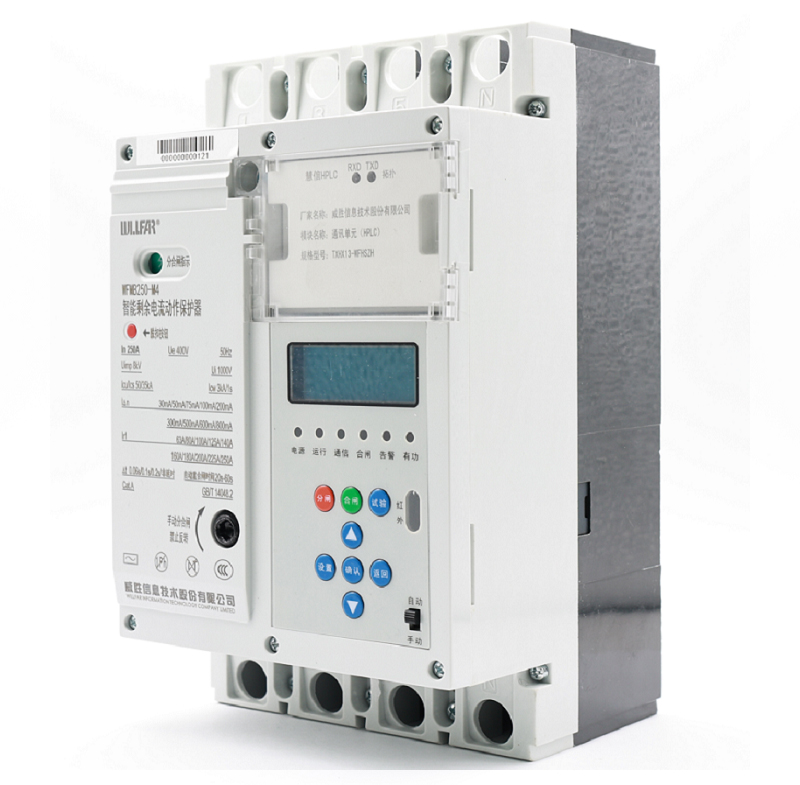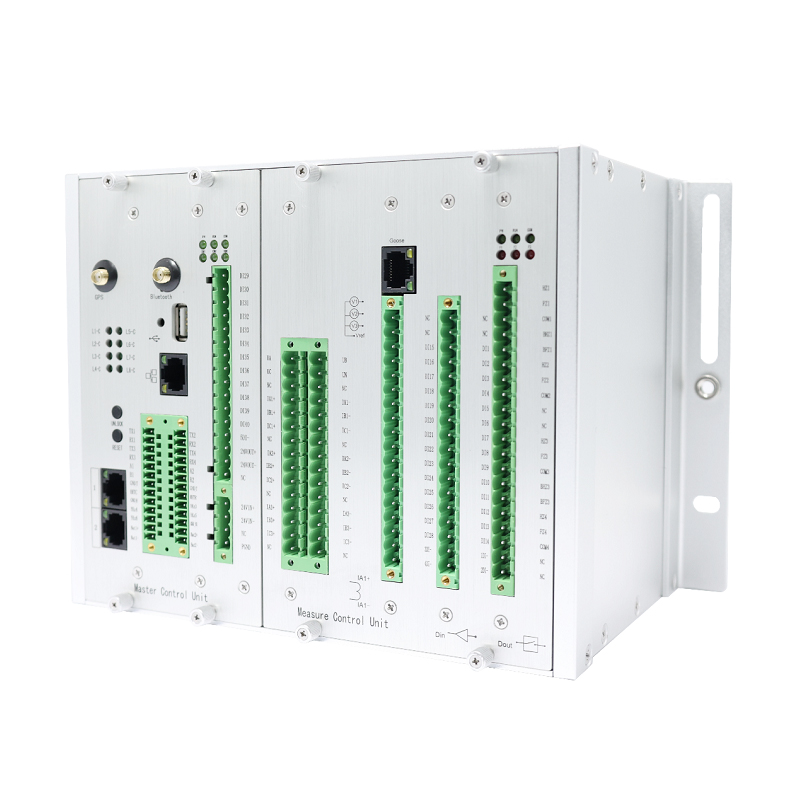Product Description
1.1 Product Description
Place of Origin: | Changsha, Hunan |
Willfar Information Technology Co., Ltd. | |
Certification: | CNASCMA |
Model Number: | DYX-60 |
Minimum Order Quantity : | 30 |
Packaging Details : | Carton Packaging |
Delivery Time : | 30 days |
Payment Terms : | T/T |
Supply Ability : | 1000 per day (based on the number of the order) |
1.2 Detail Information
Color: | Grey | Brand: | Willfar Information |
Operating Humidity | 10% ~ 95% | Working Temp.: | -40~+75℃ |
Weight | 317g | Dimension: | 110 mm ×115 mm ×55mm (W×H×D) |
Highlight: | remote control remote data concentrator | ||
1.3 Overview
DYX-60 is a set of intelligent fault and load management system with remote transmission ability, distributed monitoring, and centralized management and instant notification. It integrates the line fault detection, load monitoring and communication transmission technology, sends the information to Distribution System, quickly finds the location of the line fault point, and real-time load monitoring becomes faster, so as to optimize the operation mode of the distribution network, reasonable control of power load, improve the quality of power supply to provide effective help.
The cable line acquisition unit is installed on the cable line to detect line grounding and short circuit faults, and indicate the location of the fault point by local alarm methods such as light and flip.
1.4 Key Parameters
NO | Item | Technical Parameters |
1 | Fault alarm: | Flop, LED Flashing. Flash signal is more than 50ms each time, flash period is 5s |
2 | Resetting mode | resetting automatically with delay, resetting by controlling remotely or resetting by hand at site |
3 | Operating voltage | DC 3.6V (battery),or AC 220V |
4 | standby current for the whole device | ≤100μA |
5 | Flash intervals | Features a 5-second flashing interval, illuminating for over 50 milliseconds with each flash. |
6 | automatic reset duration | 2~48hours, can be set( generally 8 hours before delivery) |
7 | protection grade | IP40 |
8 | System Voltage Range | 3kV to 35 kV |
9 | System Voltage Range | 50~60Hz |
10 | Cable Diameter suitable | 16~400mm |
11 | Service life | No less than 8 years |
1.5 Features
1. Fault judgment: short circuit, zero sequence fault judgment
2. Analog monitoring: load current, product running power monitoring
3. Resetting mode: resetting automatically with delay, resetting by controlling remotely or resetting by hand at site.
4. Parameter setting: remotely or locally set action values, reset time and other parameters via configuration tool
5. Anti-misoperation: with load fluctuation, large load switching, transformer no-load closing inrush current, line closing inrush current, adjacent line fault and reclosing inrush current and other anti-misoperation functions
6. Power supply: The device can be powered either directly from the line or by its own battery.
1.6 Features
1. Data acquisition: Collect distributed PV current power, daily power generation, total power generation, light irradiance, PV panel temperature, PV panel DC terminal voltage, and current data. Monitor the photovoltaic power quality and alarm the harmonics.
2. Through considerable measurable data, different control strategies are formulated to realize grid-connected remote instant control, and the photovoltaic inverter can also be extended to collect and control through the photovoltaic protocol converter, which has the ability to flexibly adjust the photovoltaic power generation.
3. The reactive power regulation signal is sent to the photovoltaic inverter, and the system voltage regulation is realized by adjusting the photovoltaic reactive power. (This function requires that the PV inverter itself has the function of adjusting reactive power to achieve)
4. The communication protocol supports the Modbus protocol of the photovoltaic inverter manufacturer with a large market share, and supports the downlink Modbus protocol automatic identification function, which can automatically identify all inverter protocols attached, and can automatically convert the uplink protocol into the identified corresponding Modbus protocol for communication


